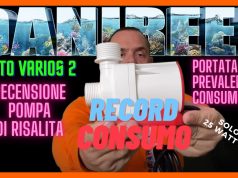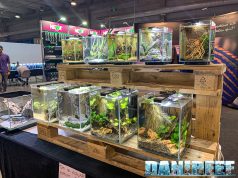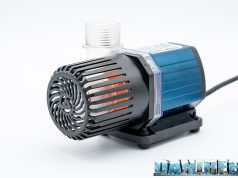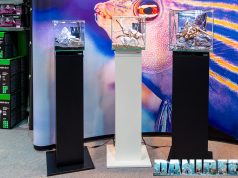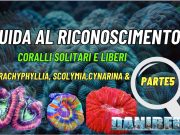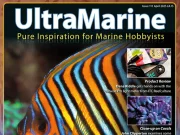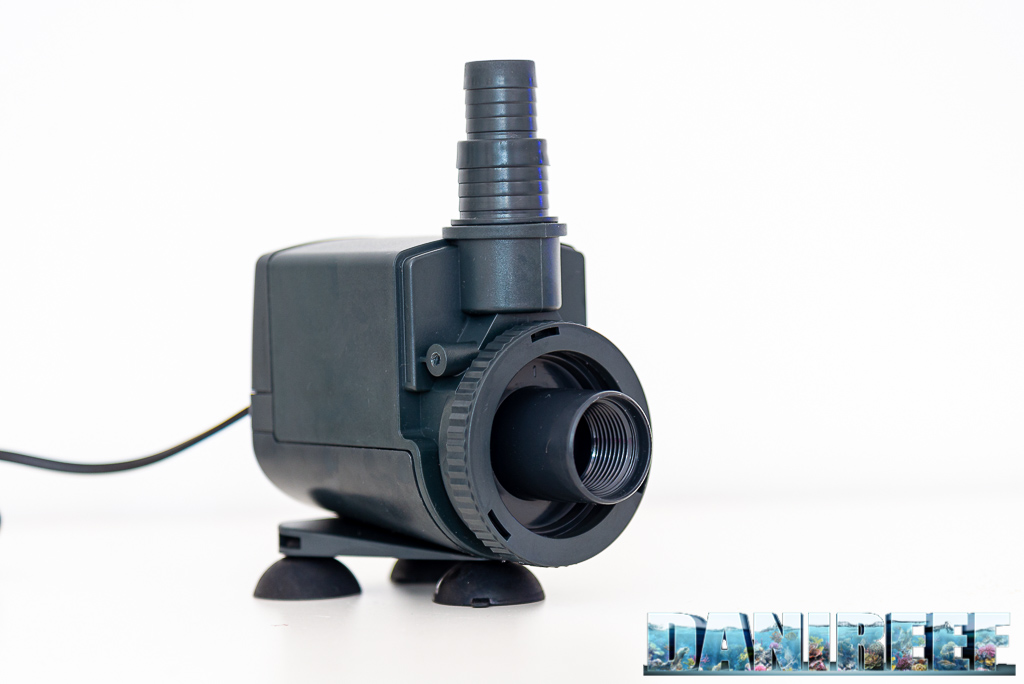
Today for the first time we have a NEWA product that has proven its worth: Newa Jet 1700, known as NJ 1700.
This article is also available in: italiano
I have always heard good things about the return pumps NEWA Jet, but I never had one before. The occasion presented itself when I had to choose the feed pump for my skimmer LGMAquari LGs900, and my producer indicated Newa as the perfect mate. So I purchased one, but I’m presenting it as return pump, since this is the area in which it will work the most.
The pump is a non-adjustable alternating current centrifugal pump, but you can mechanically partialize the incoming flow. We measured, as usual, hydraulic head, flow rate and power consumption.
For the hydraulic head we used our usual static method, for the flow rate we used the flowmeter DigiFlow 6710M and for the power consumption we used the RCE PM600.
Technical characteristics of the Newa Jet 1700
| European version 230 V – 50 Hz | |
| Flow rate: | 600-1.700 l/h |
| Power consumption: | 33 watt |
| Head: | 2,1 meters |
| Length: | 6,95 cm |
| Depth: | 10,9 cm |
| Height: | 9,6 cm (just the body) |
| Price: | 43,49 euro |
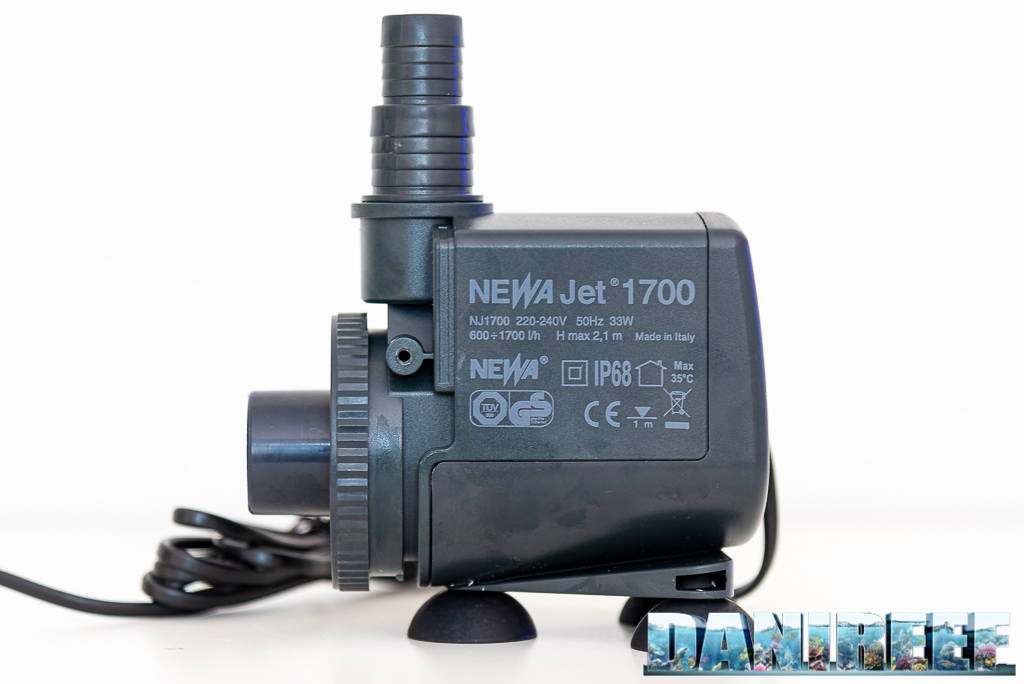
The new Newa Jet 1700 has on chart an energy efficiency of 51,5 liters for every watt consumed and economic efficiency of 39 liters per second per euro, then a baseline of 1.785 l*m/h.
And the price is relatively low. You can buy a very solid pump which allows even a small adjustment on the flow rate. The economic efficiency is pretty good, the technical one is in the average. Let’s see now how it behaved in our lab and how the results fit in whose we have already measured until today for the other pumps (on page 3).
The construction
The design of the pump is simple and squared. It presented with the classic grey livery with blue inserts and writings.
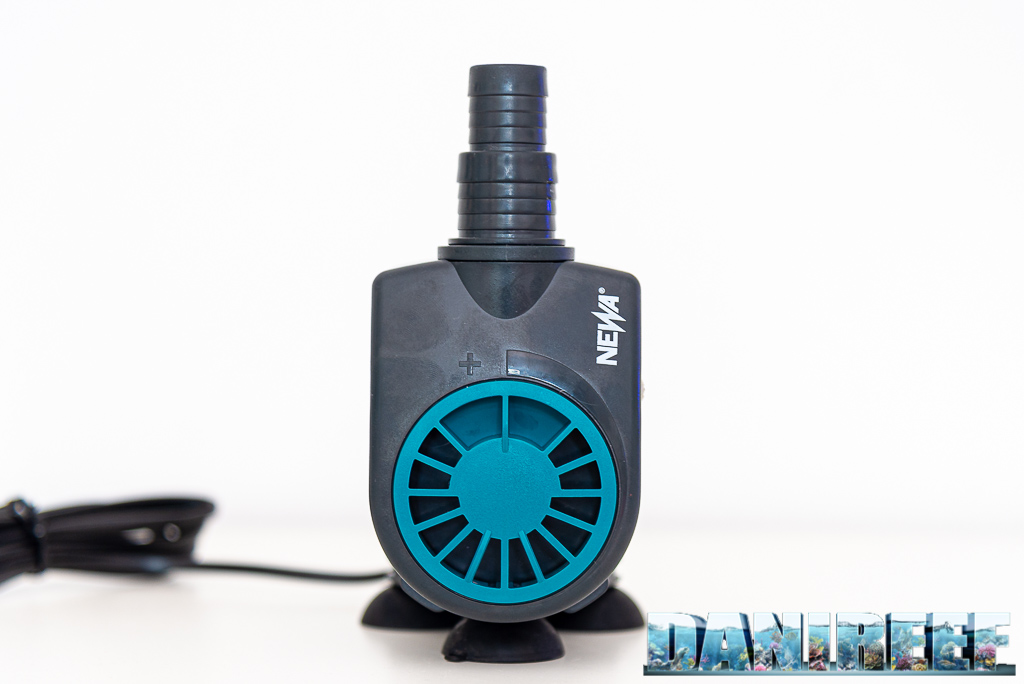
Inside the package there are the pumps and a couple of hose adaptors. They can be sized depending on the diameter of the return hose.
The pump has two shells: one, that you can see in the picture above, has the ring that partializes the incoming water, and the other, here below, draws water directly.
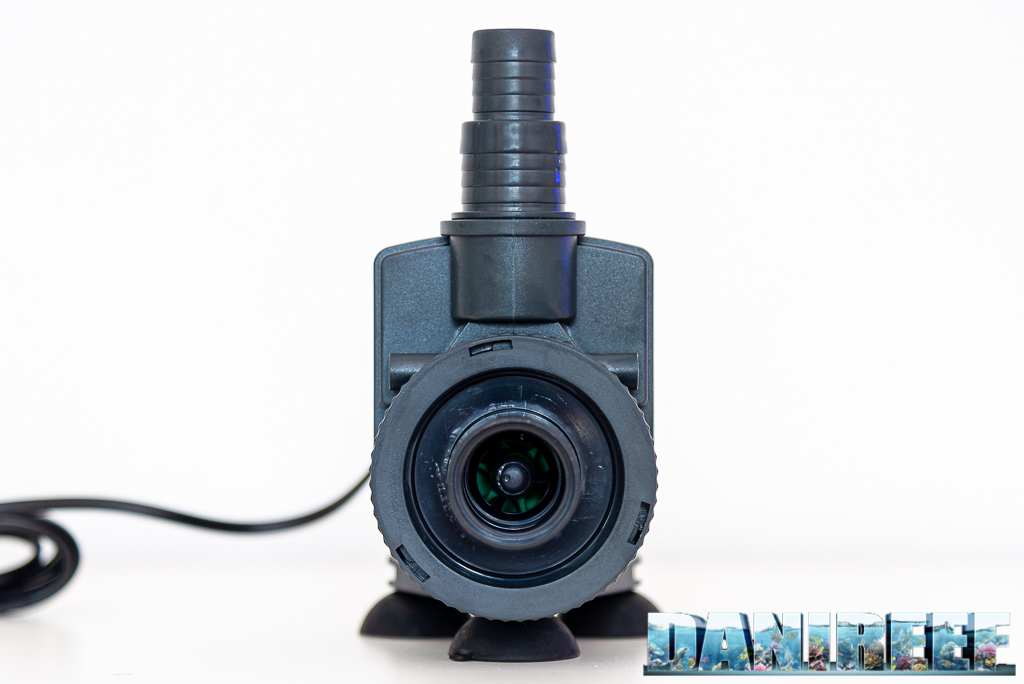
The rotor is the classic model with 6 straight blades and ceramic spindle. The sizes, given the low reference value, are quite contained.
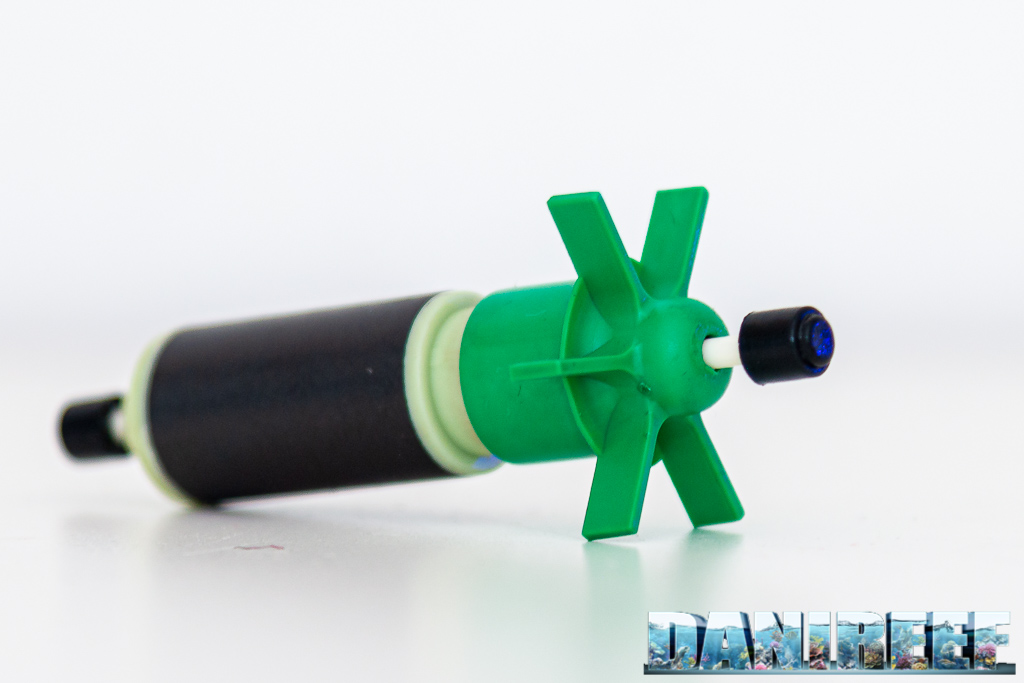
On page two you’ll find the other measurements.








